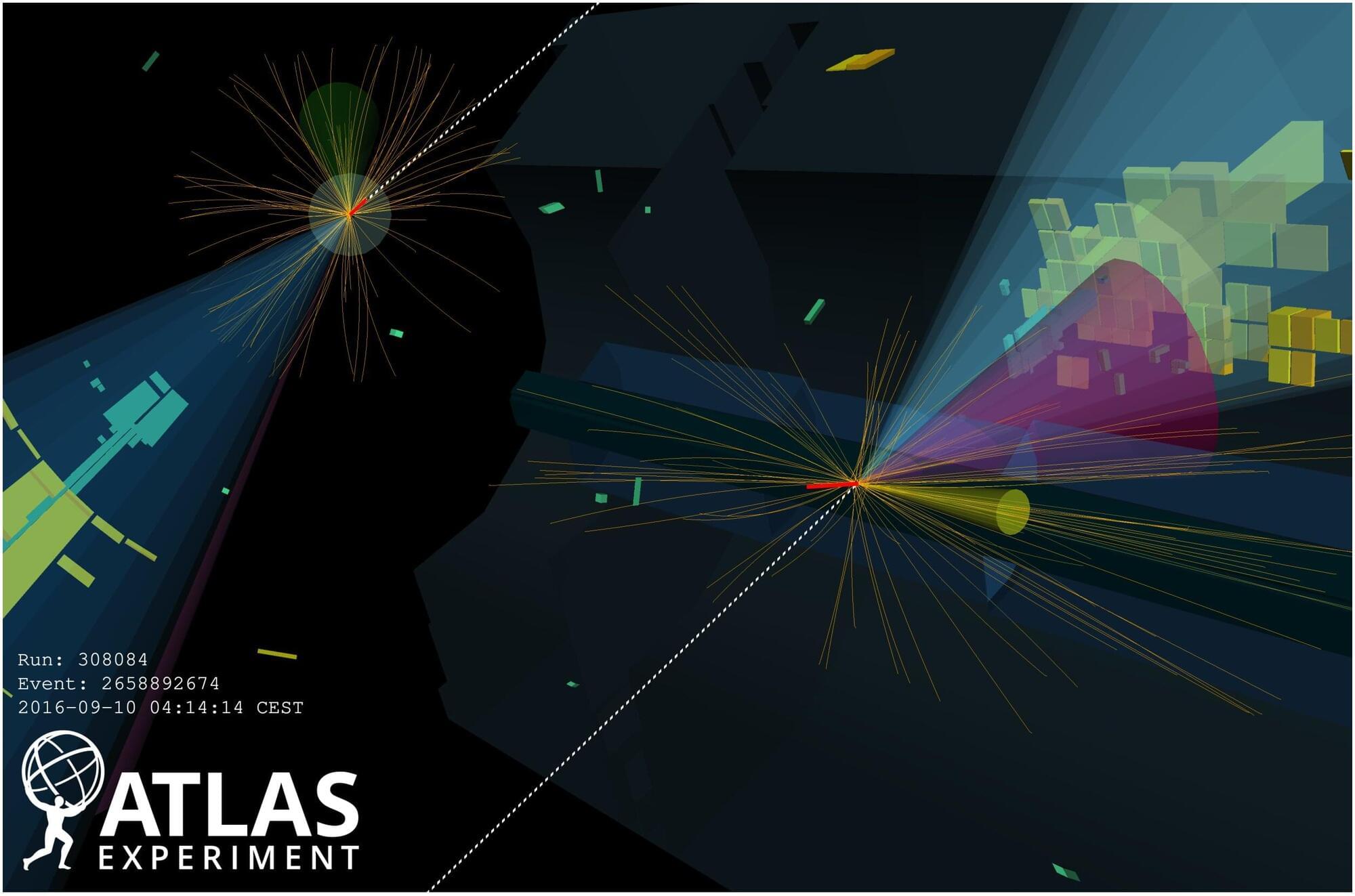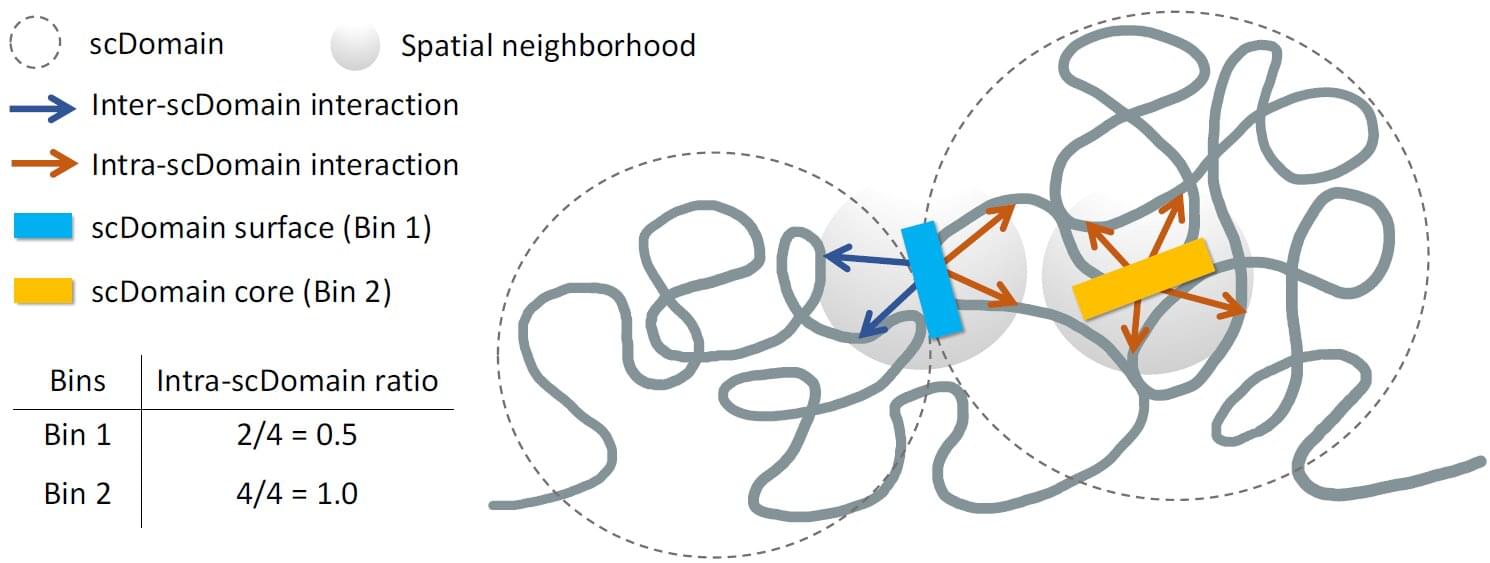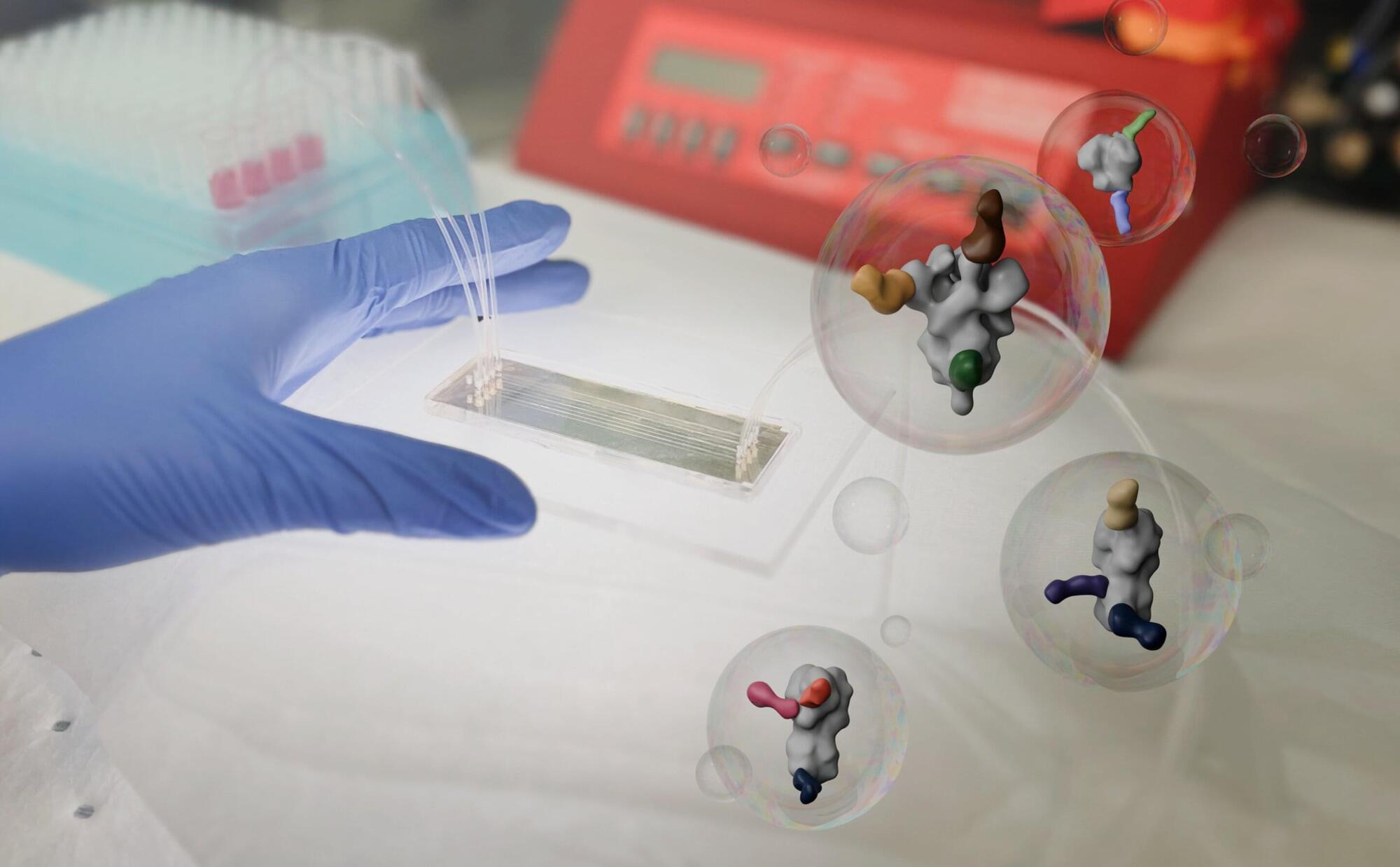A multinational research team, including engineers from the University of Cambridge and Zhejiang University, has developed a breakthrough in miniaturized spectrometer technology that could dramatically expand the accessibility and functionality of spectral imaging in everyday devices.
The study, titled “Stress-engineered ultra-broadband spectrometer,” published in the journal Science Advances, describes a novel, low-cost spectrometer platform built from programmable plastic materials rather than conventional glass.
These innovative devices operate across the full visible and short-wave infrared (SWIR) range—spanning 400 to 1,600 nanometers—which opens up a wealth of possibilities for real-world applications.







